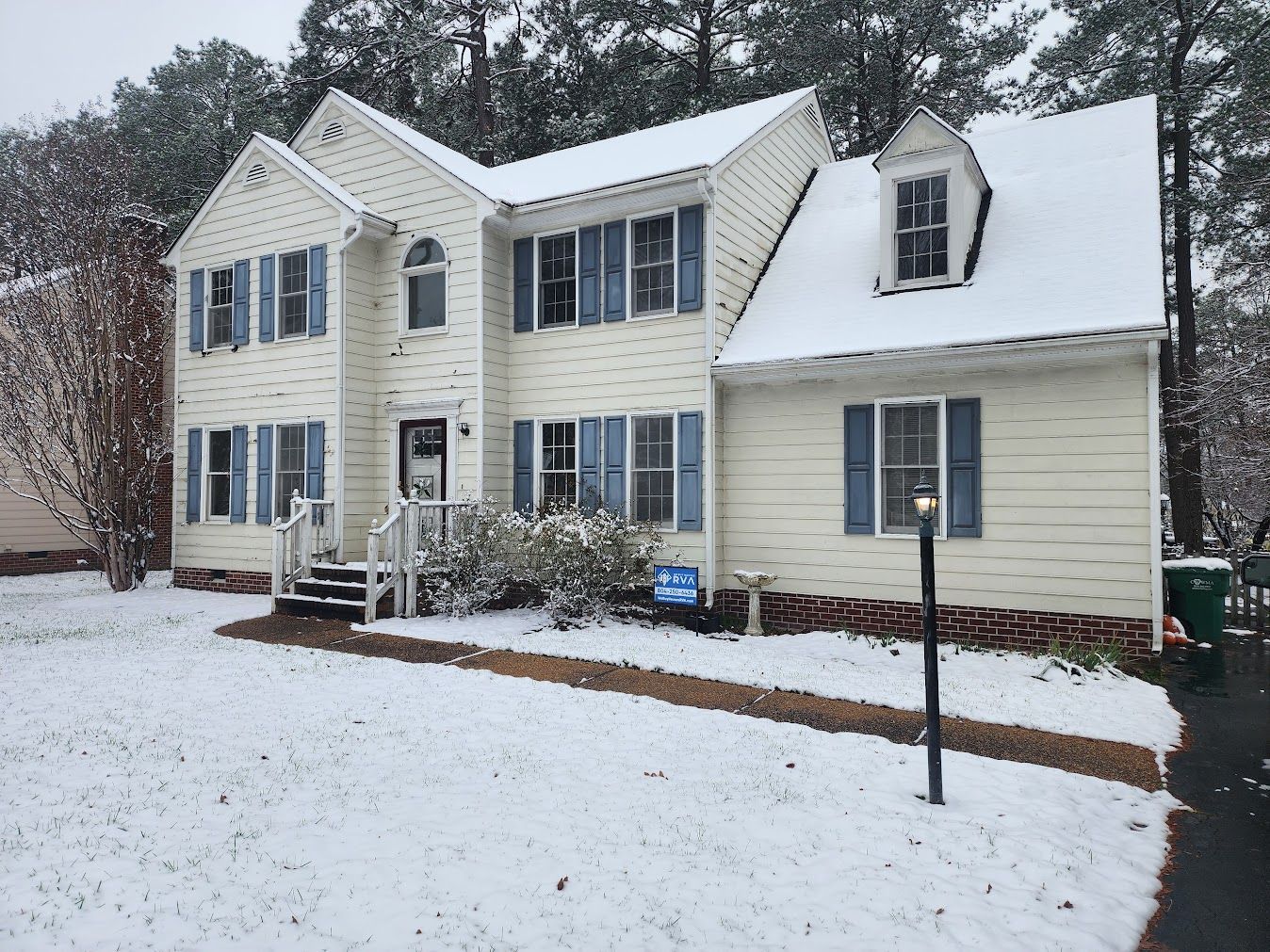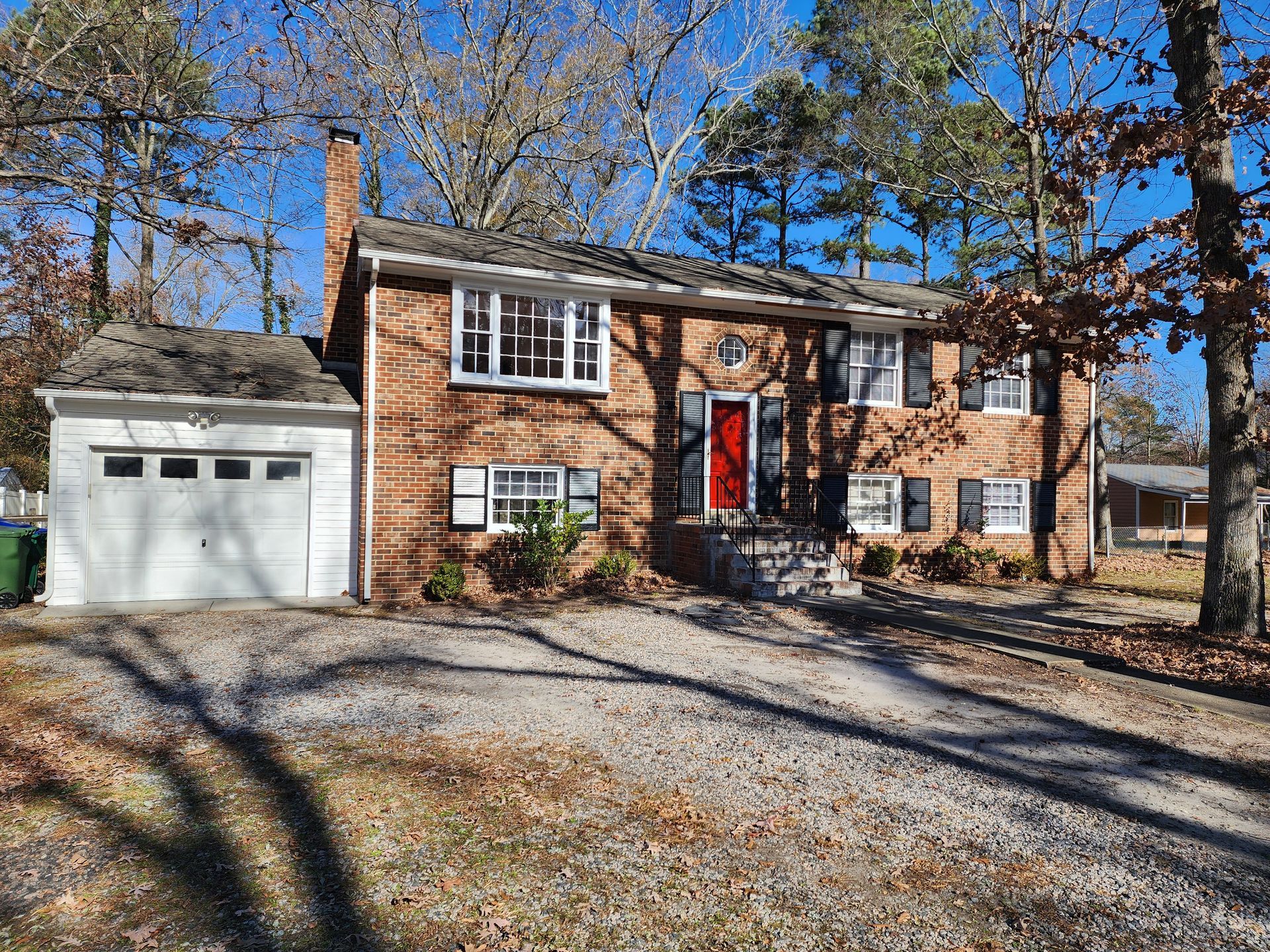Understanding the Fees and Costs When Selling Your Home in Richmond, VA
Selling a home involves various costs and fees that can add up quickly. For homeowners in Richmond, VA, understanding these expenses is crucial for planning and budgeting effectively. Whether you're selling to move up, downsize, or relocate, knowing the potential costs can help you set realistic expectations and maximize your net proceeds. In this blog post, we’ll explore the common fees and costs associated with selling a home in Richmond, VA, and provide tips on how to manage them.

1. Real Estate Agent Commissions
One of the most significant expenses when selling a home is the real estate agent's commission. Typically, the commission is a percentage of the home's final sale price, usually around 6% in Richmond. This fee is usually split between the seller’s agent and the buyer’s agent.
Breakdown of Agent Commissions
- Listing Agent's Commission: This is the fee paid to the agent representing the seller. It covers their efforts in marketing the home, hosting open houses, and negotiating offers.
- Buyer’s Agent’s Commission: This portion goes to the agent representing the buyer. It compensates them for bringing a buyer to the transaction.
Negotiating Commission Rates
While 6% is standard, commission rates are negotiable. Sellers can discuss different commission structures with their agents, such as a lower percentage for high-value homes or if the same agent represents both the buyer and seller.
2. Closing Costs
Closing costs are fees associated with finalizing the sale of a home. These costs can vary widely but typically range from 1-3% of the sale price. In Richmond, VA, sellers are often responsible for several closing costs, including:
Common Closing Costs for Sellers
- Title Insurance: This protects the buyer and lender against potential disputes over property ownership. In Richmond, the seller typically pays for the owner's title insurance policy.
- Transfer Taxes and Recording Fees: These are taxes and fees paid to the local government for recording the property sale and transferring the title.
- Attorney Fees: While not always mandatory, having a real estate attorney can help ensure all legal aspects of the transaction are handled correctly.
- Prorated Property Taxes: Sellers are responsible for their share of property taxes up to the closing date. These taxes are usually prorated, meaning the seller pays for the portion of the year they owned the home.
- HOA Fees: If your property is part of a homeowners association, there may be fees for transferring the HOA membership to the new owner.
3. Home Repairs and Improvements
Before listing your home, it’s often necessary to make repairs or improvements to attract buyers and secure a good sale price. These costs can vary widely depending on the home's condition and the market's expectations.
Common Pre-Sale Repairs and Improvements
- Cosmetic Upgrades: Painting walls, updating light fixtures, and improving curb appeal are common upgrades that can help sell a home faster and for a higher price.
- Major Repairs: Fixing structural issues, roofing problems, or outdated electrical systems can be more costly but may be necessary to pass buyer inspections.
- Staging Costs: Professional staging can make a home more appealing to buyers. This can include renting furniture, decor, and sometimes rearranging existing items.
The Cost of a Pre-Sale Inspection
A pre-sale inspection can help identify issues before potential buyers discover them. While this costs money upfront, it can prevent costly surprises during the negotiation process.
4. Marketing and Advertising Costs
Marketing is a crucial part of selling a home. While real estate agents typically handle most marketing efforts, sellers may incur additional costs if they choose to supplement the agent's efforts.
Key Marketing Expenses
- Professional Photography and Videography: High-quality images and videos can significantly impact how quickly and at what price your home sells.
- Online Listings and Virtual Tours: While many agents include these in their services, some platforms charge fees for premium listings.
- Open Houses and Private Showings: Costs associated with hosting open houses, such as refreshments and cleaning, can add up.
5. Moving Costs
Once your home is sold, you’ll need to consider the cost of moving. This can vary depending on the distance, amount of belongings, and whether you hire professional movers.
Typical Moving Expenses
- Packing Supplies: Boxes, tape, and packing materials are essential for a safe move.
- Moving Company Fees: Professional movers charge based on the distance, weight, and volume of the items moved. Additional services, like packing and unpacking, incur extra charges.
- Storage Costs: If your new home isn’t ready or you're downsizing, you might need to rent a storage unit.
6. Potential Taxes
Several tax considerations can impact the net proceeds from selling your home. While the primary residence exclusion may allow you to avoid capital gains taxes on a significant portion of your profit, it's essential to understand the tax implications fully.
Capital Gains Tax
If your home has significantly appreciated, you might owe capital gains tax on the profit. The IRS allows an exclusion of up to $250,000 for single filers and $500,000 for married couples filing jointly, provided the home was your primary residence for at least two of the last five years.
State and Local Taxes
In addition to federal taxes, you may also be subject to state and local taxes. Virginia, for example, has a grantor’s tax on the sale of real estate.
7. Additional Costs to Consider
Several other costs can arise during the home selling process, depending on your specific situation.
Home Warranty
Offering a home warranty can be an attractive selling point, providing the buyer with peace of mind that certain repairs and replacements will be covered after the sale. While not mandatory, it can be a worthwhile investment if your home has older appliances or systems.
Early Mortgage Payoff Penalties
If you’re paying off your mortgage early due to the sale, some lenders charge a prepayment penalty. Check your mortgage agreement to understand any potential penalties.
Buyer Incentives
In a competitive market or if your home isn’t selling as quickly as hoped, you might offer buyer incentives, such as covering some of the closing costs or including certain home furnishings in the sale.
8. Ways to Save on Selling Costs
While selling a home involves numerous expenses, there are ways to save money and maximize your profits.
Negotiate Fees
Don’t be afraid to negotiate commissions with your real estate agent or ask about a tiered commission structure. Additionally, shop around for service providers, such as movers or home stagers, to find the best deals.
Do It Yourself
Consider handling some tasks yourself, like staging or minor repairs, to save money. However, be mindful of your limitations and when professional help is necessary to avoid costly mistakes.
Selling to a Cash Buyer
One way to reduce costs and simplify the process is by selling directly to a cash buyer, like Webuyhousesrva.com. Cash buyers typically purchase homes "as-is," eliminating the need for repairs, staging, and many of the traditional closing costs. This can be particularly advantageous if you need to sell quickly or want to avoid the hassle of a traditional sale.
Understanding the fees and costs associated with selling a home in Richmond, VA, is crucial for homeowners looking to maximize their net proceeds. From agent commissions and closing costs to potential repairs and moving expenses, being aware of these costs allows you to budget effectively and avoid surprises. By negotiating fees, handling some tasks yourself, and considering options like selling to a cash buyer, you can reduce these costs and make the most of your home sale.
At Webuyhousesrva.com, we’re here to help you navigate the complexities of selling your home. Whether you’re looking for a quick, hassle-free sale or need guidance on maximizing your home’s value, our team is ready to assist you. Contact us today to learn more about how we can help you sell your home in Richmond, VA, with minimal stress and maximum return.
You might also like
Blog




